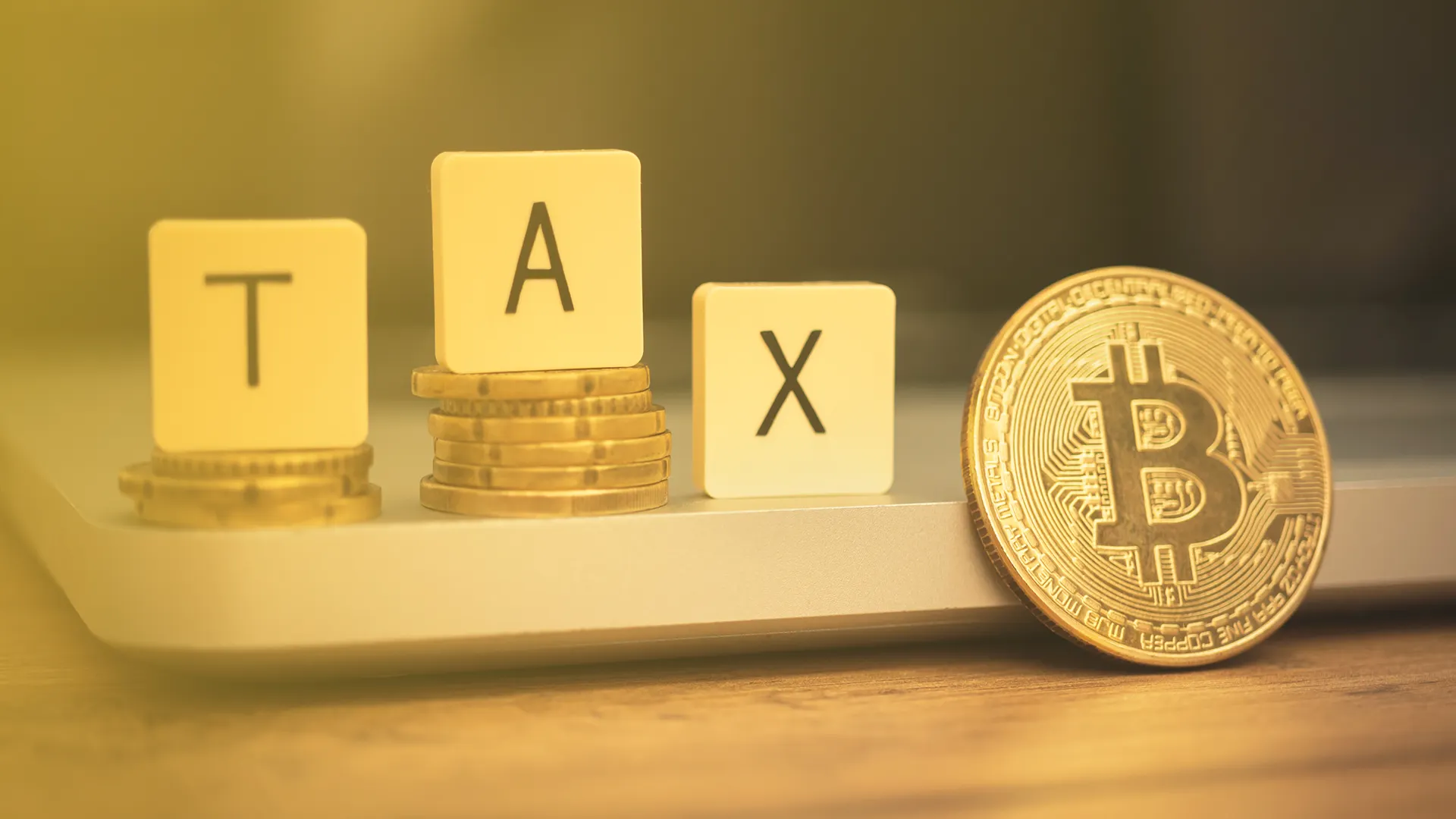If you want to invest in crypto without the stress of daily trading, crypto index funds and ETFs are an excellent way to build passive income. These tools offer exposure to the market’s growth while minimizing the need for constant portfolio management.
What Are Crypto Index Funds and ETFs?
Crypto index funds and ETFs give investors diversified exposure to digital assets without the need to pick individual winners.
- Index funds (like Bitwise 10 and TokenSets) bundle top-performing cryptocurrencies and are often rebalanced automatically.
- ETFs (like ProShares BITO and Purpose BTC Yield ETF) trade on stock exchanges, letting investors gain crypto exposure via traditional brokerage accounts.
Both options are designed for long-term holders seeking to benefit from the overall market trend, rather than engaging in active trading.
Also read: How to Build a Cryptocurrency Mining Rig in 2025: A Beginner’s Guide
Why Passive Crypto Investing Makes Sense
Passive crypto investing is ideal for those looking to earn:
- Asset appreciation from rising crypto prices (BTC, ETH, SOL, etc.)
- Staking rewards from proof-of-stake tokens
- DeFi yields through decentralized index tokens
- Income from covered call strategies in some ETFs
By spreading risk across multiple assets and using automated strategies, index funds and ETFs help investors capture long-term gains while minimizing the impact of volatility.
Top Crypto Index Funds and ETFs to Consider
In 2025, several standout products have emerged:
- Bitwise 10 Crypto Index Fund (BITW) — exposure to top 10 cryptocurrencies
- TokenSets DeFi Pulse Index (DPI) — decentralized index with staking options
- ProShares Bitcoin Strategy ETF (BITO) — a futures-based Bitcoin ETF
- Purpose Bitcoin Yield ETF (BTCY) — combines BTC exposure with monthly yield
These products allow both retail and institutional investors to earn crypto passively with greater convenience.
Risks and Tax Considerations
While passive income sounds attractive, investors should be aware of:
- Market volatility
- Smart contract risks (for decentralized funds)
- Management fees (typically 1%-2%)
- Tax complexities — staking rewards and fund rebalancing may trigger taxable events
It’s essential to review each product’s structure and consult a tax adviser before investing.




